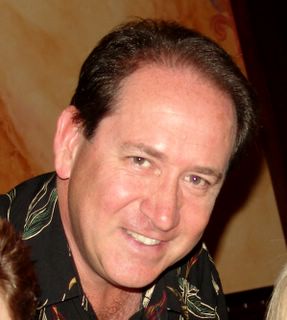Goldhagen on Pope Visit to Auschwitz
Not everyone was thrilled by the Pope's appearance at Auschwitz. In a cogent op-ed piece in today's Los Angeles Times, Daniel Jonah Goldhagen describes why the Pope’s speech at Auschwitz was off the mark, and incomplete. While it’s worth reading in its entirety, here are some exerpts:
The Holocaust wasn't Christian
…Benedict clouded historical understanding, evaded moral responsibility and shirked political duty.Benedict falsely exonerated Germans from their responsibility for the Holocaust by blaming only a "ring of criminals" who "used and abused" the duped and dragooned German people as an "instrument" of destruction. In truth, Germans by and large supported the Jews' persecution, and many of the hundreds of thousands of perpetrators were ordinary Germans who acted willingly.
…he then turned the Holocaust into an assault most fundamentally not on Jews but on Christianity itself, by falsely asserting that the ultimate reason the Nazis wanted to kill Jews was "to tear up the taproot of the Christian faith" — meaning that their motivation to kill Jews was because Judaism was the parent religion of Christianity.
As every historian, and even the casual student, knows — and as the church's historians ordinarily take pains to emphasize — the German perpetrators saw the Jews as a malevolent and powerful "race," not a religious group. Their desire to annihilate Jews had nothing to do with anti-Christianity.
Benedict's failure to say that Auschwitz was overwhelmingly a death factory designed for Jews, or that the Germans slaughtered Jews because they hated Jews, is part of his overall failure to confront the centrality of the Holocaust in the Germans' mass murdering. Benedict's historical fabrication to Christianize the Holocaust is also a moral scandal because it obscures the troubling truth about the Catholic Church: Its churches across Europe tacitly and actively participated in the Jews' persecution. Pope Pius XII, the German bishops, French bishops, Polish church leaders and many others, animated by anti-Semitism, supported or called for the persecution of the Jews (though not their slaughter). Some, such as Slovakian church leaders and Croatian priests, actively endorsed or participated in the mass murder.
In this and other ways, Benedict severed and obscured all connection between the Catholic Church, Christianity and the Holocaust, which is a huge step backward from the positions that John Paul II adopted.
…Whatever differences existed between Nazi anti-Semitism and its Christian anti-Semitic seedbed, anti-Semitism is the unavoidable causal, historical and moral link connecting the church, the Nazis and Auschwitz.
Since Vatican II, the church has forcefully condemned anti-Semitism, even declaring it a sin. Yet Benedict stood in Auschwitz negligently silent.
…he turns the clock back on what the Catholic Church had, in the decade before his papacy, been acknowledging: that the church must confront the anti-Semitism of its past, that many Catholics participated in the Jews' persecution; that the church should have aided the assaulted people more.
DANIEL JONAH GOLDHAGEN is the author of "Hitler's Willing Executioners: Ordinary Germans and the Holocaust" and "A Moral Reckoning: The Role of the Catholic Church in the Holocaust and Its Unfulfilled Duty of Repair." www.goldhagen.com

No comments:
Post a Comment
Comments signed Anonymous will not be published.